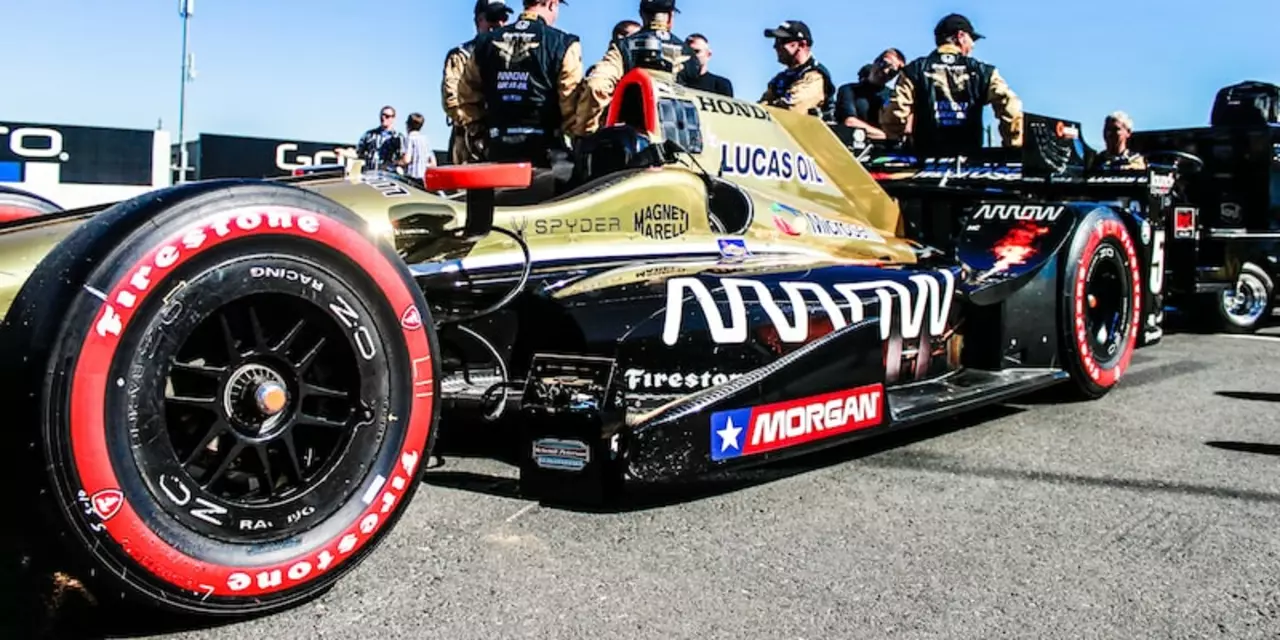
IndyCar is one of the most popular forms of motor racing in the world, with passionate fans, exciting races, and thrilling drivers. Despite its success in the US, however, IndyCar has never been able to replicate its success on the international stage. This begs the question: why has IndyCar never gone global like Formula 1? To answer this question, it’s important to look at the various challenges that the series has faced in its attempt to become a global racing phenomenon.
The first challenge that IndyCar has faced is the lack of high-profile events outside of the United States. While Formula 1 has events all over the world and enjoys the fanfare that comes with visiting different countries and cities, IndyCar is largely limited to the United States, with only a few events taking place in Canada or Mexico. This lack of international exposure has prevented IndyCar from becoming a truly global phenomenon.
The second challenge that IndyCar has faced is the lack of financial investment from outside of the US. Formula 1 teams are heavily invested in by companies from all over the world, which has allowed the series to grow and expand into new markets. In contrast, IndyCar teams have largely relied on US-based sponsors, meaning that the series has not been able to benefit from the same level of financial investment as Formula 1.
Finally, IndyCar has struggled to attract the same level of international attention as Formula 1. The series has not been able to generate the same level of media coverage or fan enthusiasm as its rival series, meaning that it has struggled to establish itself as a global racing phenomenon. This is in stark contrast to Formula 1, which has been able to generate a huge worldwide following over the years.
In conclusion, there are a variety of reasons why IndyCar has never been able to go global like Formula 1. From the lack of international events and financial investment to the series’ inability to generate the same level of international attention, IndyCar has faced numerous challenges in its attempt to become a truly global phenomenon. However, with the series continuing to grow and develop, there is still a chance that IndyCar could one day become a global racing force.
When it comes to motor racing, Formula 1 is the undisputed heavyweight champion. Not only does F1 have a huge global following, but its races boast impressive TV ratings and attract some of the world’s biggest stars. But what about IndyCar? Despite being an exciting form of motor racing, IndyCar has never had the same level of international success as its European counterpart. So why hasn’t IndyCar gone global like Formula 1?
To understand why IndyCar has never gone global, it’s important to compare and contrast the differences between the two forms of motor racing. Firstly, IndyCar is based in the United States, while Formula 1 is based in Europe. This means that IndyCar races are typically held in America, while Formula 1 races are often held in international locations such as Monaco, Spain, and Australia. As a result, Formula 1 has a much larger international reach than IndyCar.
Another major difference between IndyCar and Formula 1 is the level of funding each receives. Formula 1 races are sponsored by some of the world’s biggest companies and have a huge marketing budget. On the other hand, IndyCar has traditionally been funded by much smaller sponsors, which has limited its ability to reach a global audience. This is one of the main reasons why IndyCar has never been able to gain the same level of international fame as Formula 1.
Finally, the rules and regulations of each sport are also quite different. Formula 1 has a long and complex rulebook that governs every aspect of the sport, while IndyCar has a much more relaxed and open approach. This has allowed Formula 1 to become a much more professional and organized sport, while IndyCar has remained relatively informal. This difference has also played a role in keeping IndyCar from becoming a global phenomenon.
In conclusion, the lack of global success for IndyCar can be attributed to a number of factors, including its geographical location, funding, and rules and regulations. While it’s unlikely that IndyCar will ever reach the same level of international fame as Formula 1, it’s still an exciting and popular form of motor racing in its own right.



Write a comment